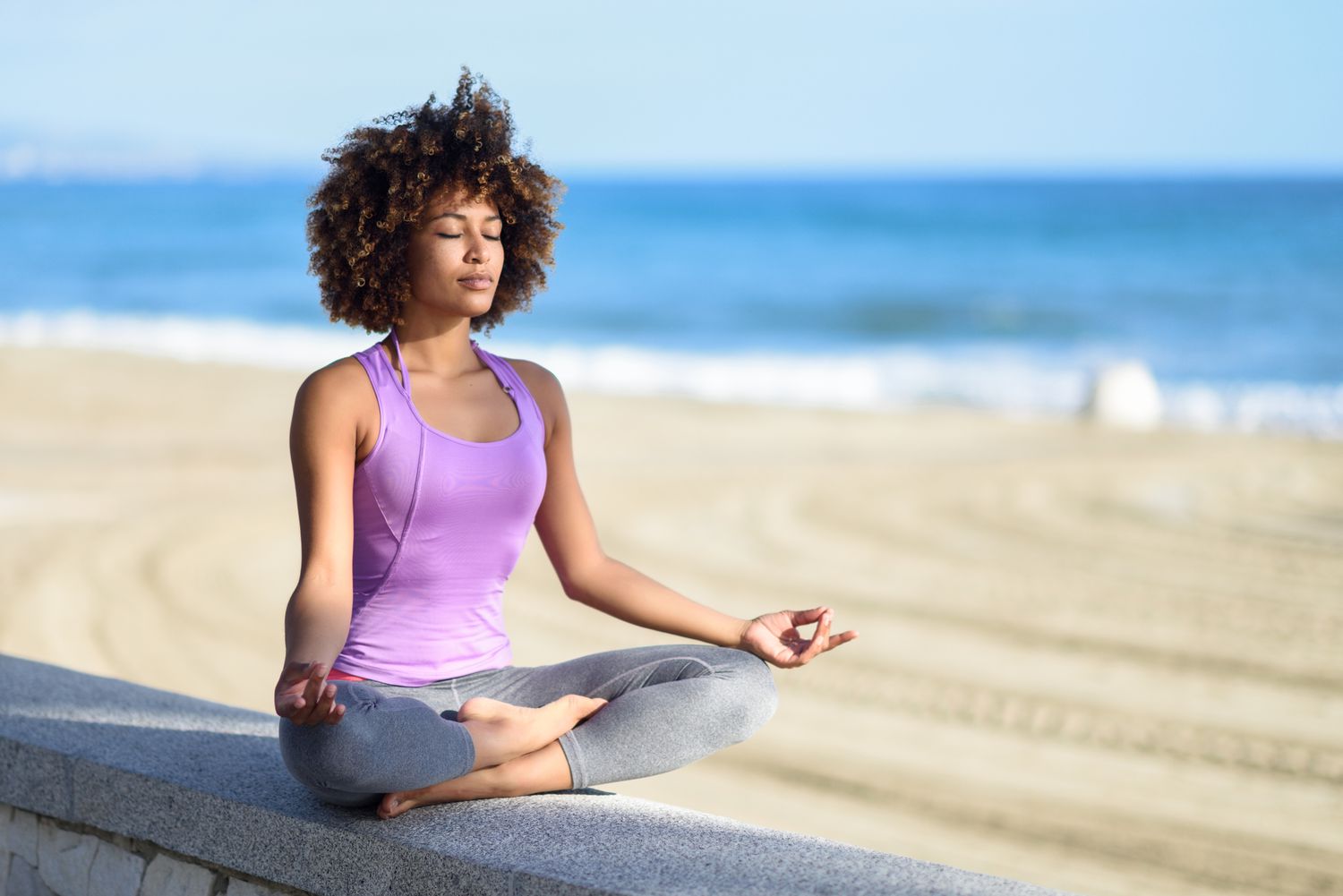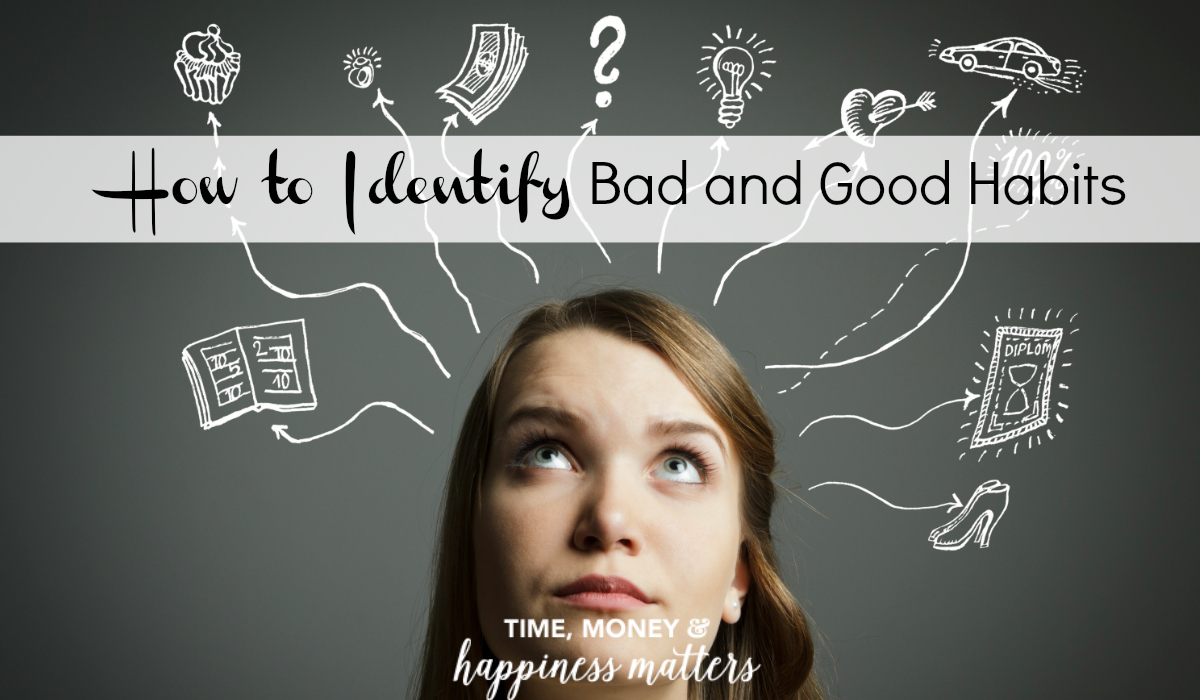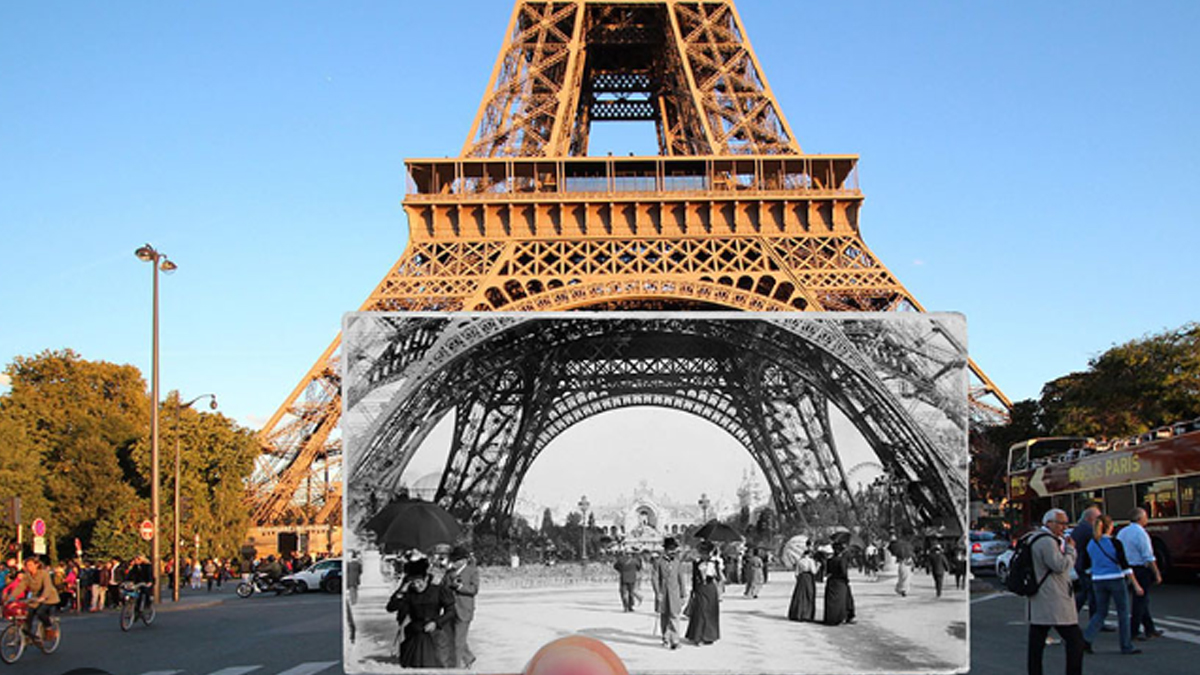
In our fast-paced and chaotic world, finding moments of calm and tranquility can seem like an impossible task. However, there is a powerful tool that has been helping people for centuries to navigate the turbulence of life and find inner peace: meditation. In this blog post, we will explore the art of meditation, its benefits, and practical tips to get started on your own journey to inner serenity.
What is Meditation?
Meditation is a practice that involves training your mind to focus on a specific object, thought, or activity to achieve mental clarity, relaxation, and a heightened sense of awareness. It is not about eliminating thoughts altogether but rather about observing them without judgment and gently redirecting your focus when your mind wanders.
Benefits of Meditation
- Stress Reduction: One of the most widely recognized benefits of meditation is its ability to reduce stress. By calming the mind and promoting relaxation, meditation helps lower the production of stress hormones like cortisol, leading to a sense of calm and improved emotional well-being.
- Enhanced Focus and Concentration: Regular meditation can improve your ability to concentrate and stay focused. It strengthens your attention muscle, making it easier to complete tasks and stay present in the moment.
- Improved Emotional Health: Meditation promotes emotional well-being by helping you manage negative emotions like anxiety, depression, and anger. It fosters a more balanced perspective on life’s challenges and enhances self-awareness.
- Better Sleep: Many people struggle with sleep disturbances caused by racing thoughts and stress. Meditation can help calm the mind and improve sleep quality, allowing you to wake up feeling refreshed and rejuvenated.
- Physical Health Benefits: Meditation is not just good for the mind; it also has numerous physical health benefits. It can lower blood pressure, boost the immune system, and even reduce symptoms of chronic pain conditions.
Types of Meditation
There are various meditation techniques, each with its own unique approach and benefits. Here are some of the most popular types:
- Mindfulness Meditation: Mindfulness meditation involves paying attention to the present moment without judgment. It is about observing your thoughts, feelings, and sensations as they arise and letting them go.
- Guided Meditation: In guided meditation, a trained instructor or a recorded voice leads you through a specific meditation practice. It can be helpful for beginners who may find it challenging to meditate on their own.
- Transcendental Meditation (TM): TM involves silently repeating a specific mantra to achieve a deep state of relaxation and transcendence. It is a well-known form of mantra meditation.
- Loving-kindness Meditation: This practice involves generating feelings of love, compassion, and kindness toward yourself and others. It is particularly beneficial for promoting positive emotions and empathy.
Getting Started with Meditation
If you’re new to meditation, here are some steps to help you get started:
- Find a Quiet Space: Choose a quiet and comfortable place where you won’t be disturbed.
- Set a Time: Decide on a specific time for your meditation practice. Consistency is key, so aim to meditate at the same time each day.
- Choose a Technique: Select a meditation technique that resonates with you. You can experiment with different types to find the one that suits you best.
- Start Small: Begin with just a few minutes of meditation each day and gradually increase the duration as you become more comfortable.
- Be Patient: Meditation is a skill that takes time to develop. Don’t be discouraged by a wandering mind; it’s a normal part of the process.
Conclusion
Meditation is a powerful tool that can help you find inner peace, reduce stress, and improve your overall well-being. By incorporating meditation into your daily routine, you can cultivate a sense of calm and resilience in the face of life’s challenges. Remember that meditation is a personal journey, and there is no one-size-fits-all approach. Explore different techniques, be patient with yourself, and enjoy the profound benefits that meditation can bring to your life.
Spirituality is a broad and often misunderstood concept that has been a part of human existence for thousands of years. It is a deeply personal and subjective experience that involves exploring the deeper meaning and purpose of life, and seeking a connection with something greater than oneself.
At its core, spirituality is not necessarily tied to any specific religion or belief system. Rather, it is a way of being and a way of approaching life that transcends the material world and seeks to understand the mysteries of existence.
There are many different ways to approach spirituality, and it can take on many different forms. Some people find spirituality through prayer, meditation, or other contemplative practices. Others find it through connecting with nature or engaging in creative pursuits. Still, others find it through engaging in acts of service or by connecting with a community of like-minded individuals.
Regardless of the specific form it takes, spirituality is often characterized by a sense of interconnectedness with all things, a deep sense of inner peace and contentment, and a sense of purpose and meaning in life.
One of the key aspects of spirituality is the idea of mindfulness. This involves being present in the moment, fully engaged in what is happening around you and within you. Through mindfulness practices like meditation or yoga, people can cultivate a greater sense of awareness and focus, which can help them to better navigate the challenges and complexities of life.
Another important aspect of spirituality is the concept of surrender. This involves letting go of the need to control everything and trusting in something greater than oneself. Through surrender, people can cultivate a deeper sense of trust, faith, and resilience, which can help them to better navigate the ups and downs of life.
Ultimately, spirituality is a deeply personal journey that is unique to each individual. It is not something that can be forced or imposed, but rather something that must be discovered and nurtured over time. By exploring the deeper dimensions of existence and seeking connection with something greater than ourselves, we can tap into a deeper sense of meaning and purpose in life, and find greater peace and contentment along the way.






















